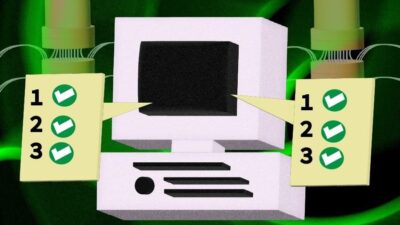Fraunhofer IPMS is working on a quantum computer with improved error rates in a collaborative project QSolid coordinated by Forschungszentrum Jülich.

Fraunhofer IPMS is part of the newly launched German funded project QSolid (Quantum Computer in the solid state). The project centers on quantum bits – or qubits for short – of very high quality, i.e. with a low error rate. The quantum computer will be integrated into Forschungszentrum Jülich’s supercomputing infrastructure at an early stage and will contain several next-generation superconducting quantum processors, including a “moonshot” system that has been proven to exceed the computing power of conventional computers. The first demonstrator will go into operation in mid-2024, and will make it possible to test applications as well as benchmarks for industry standards.
Fraunhofer IPMS’ Center Nanelectronic Technologies contributes a 4000 m² clean room and its expertise in state-of-the-art, industry-compatible CMOS semiconductor fabrication on 300 mm wafer standard. “We intend to use our know-how and infrastructure to enable scalable quantum processors that build on the achievements and advantages of silicon-based semiconductor manufacturing. This concerns, for example, manufacturing processes like deposition and nanopatterning or wafer-scale electrical characterization. Together with Global Foundaries and Fraunhofer IZM-ASSID an interposer technology will be developed focusing on high density superconducting interconnects and thermal decoupling through advanced packaging.

To achieve the ambitious goal of an independent quantum computer manufactured in Germany, QSolid is bringing together 25 research institutions, companies, and start-ups from across the country. The research consortium coordinated by Forschungszentrum Jülich is the largest of its kind in Germany. Together, the project partners aim to pave the way for commercialization and develop a comprehensive ecosystem for a demonstrator based on superconducting qubits, which will be made accessible to external users via the Jülich UNified Infrastructure for Quantum computing (JUNIQ) and tailored to their individual needs. The partners aim to develop a system containing various quantum processors based on next-generation superconducting circuits with a reduced error rate. This approach is regarded as cutting-edge by the international community and is also used by companies such as Google, IBM, and Intel. Important preliminary work to help achieve the project goals has already been carried out. Results from the European flagship project OpenSuperQ and the collaborative projects DAQC and GeQcos, which were launched in 2021, will be incorporated into QSolid’s activities.
– Edited from a Fraunhofer IPMS press release by CFE Media. See additional industrial PC stories.



